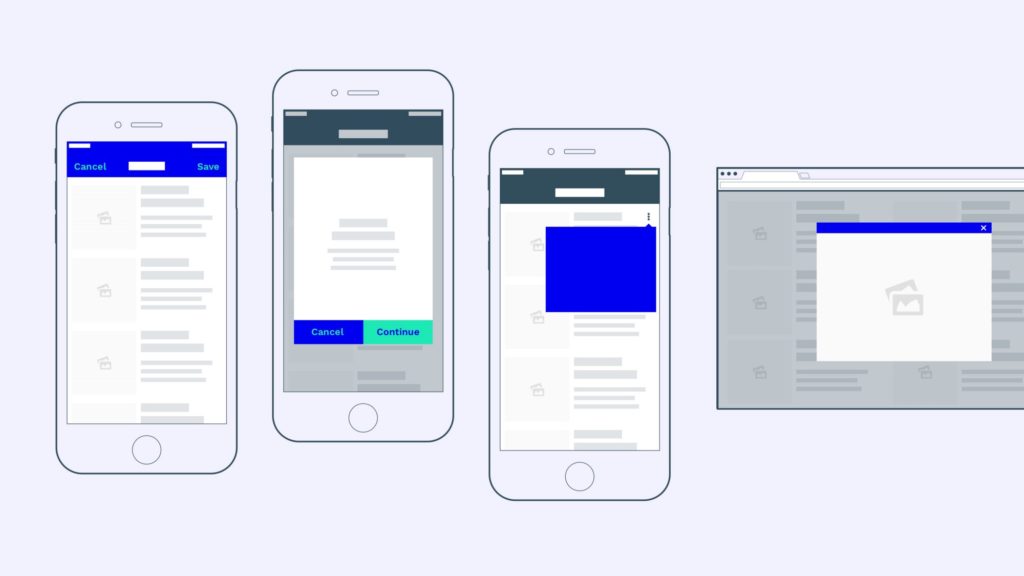Exploring Conversational UXOnce in a while, we have an engaging discussion with our buddy over coffee, where the minutes turn into hours and we feel enriched by our interaction. What made those conversations memorable? When thinking about conversational UX design, it is a useful exercise to go back to our own experiences interacting with our friends, family or colleagues.
How can we replicate those ideas while designing conversational UX for chatbots?
Designing great conversational user experience is a delicate dance between art and science. The following four tenets provide some food for thought while embarking on the journey into the botsphere.
#1. It’s all about the customer
The fundamental element of a great conversation involves making the other person talk. In the context of designing conversational UX, remember to put the customer first. In other words, we are looking to simplify the user’s life. How can we make that happen?

In the example above, things didn’t go as well as expected. That’s alright. However, always take care of your user. Never leave them hanging. Communicating clearly helps!
#2. The context matters
The human mind is designed to hold several ideas in memory simultaneously and can reference and dereference them in a conversation at will. How can the chatbots you build replicate this incredible feature of the human mind?

This simple bot stores the genders in context for the referenced entities. As a result, it is able to make an educated guess on who the user is referencing.
#3 Picking on cues
Not all humans converse alike. Some are verbose, some talk in short sentences and some in lengthy monologues. While designing interfaces, it is important to remember that you are building the product for everyone and not just for a sliver of the population. This means thinking about the grasp of language, speech capabilities, terseness of response amongst others.

For instance, if you are leaning towards building a voice-only chat bot for your business, think about the scores of people who have a difficulty speaking. Maybe they have a speech impediment or they are sitting in a quiet space. In this case, having a keyboard input as a secondary option will go a long way in making the product more accessible.






